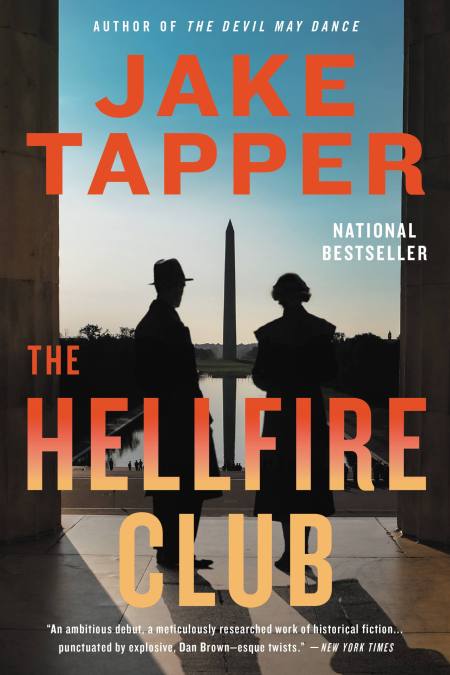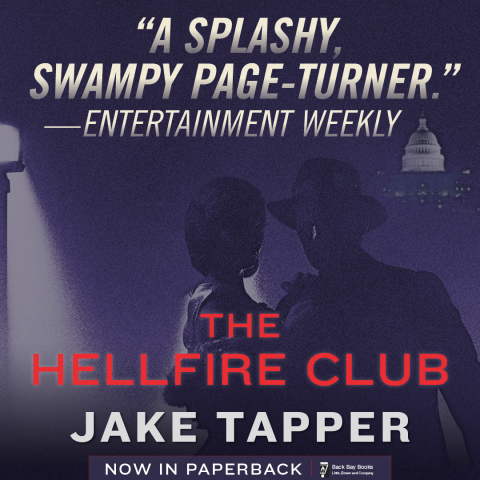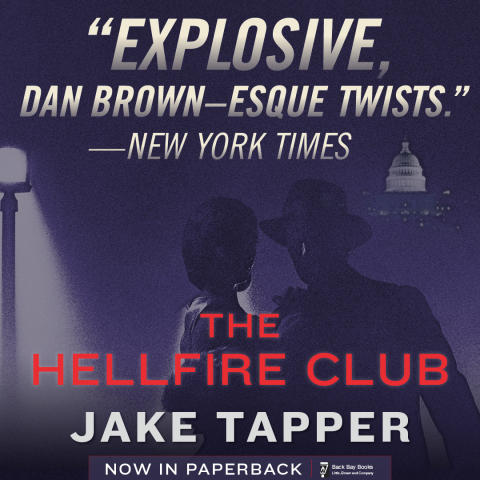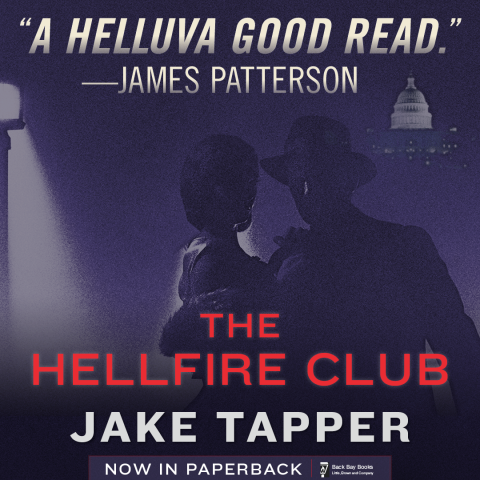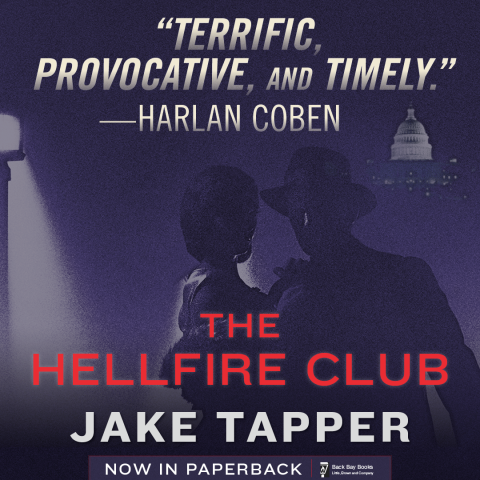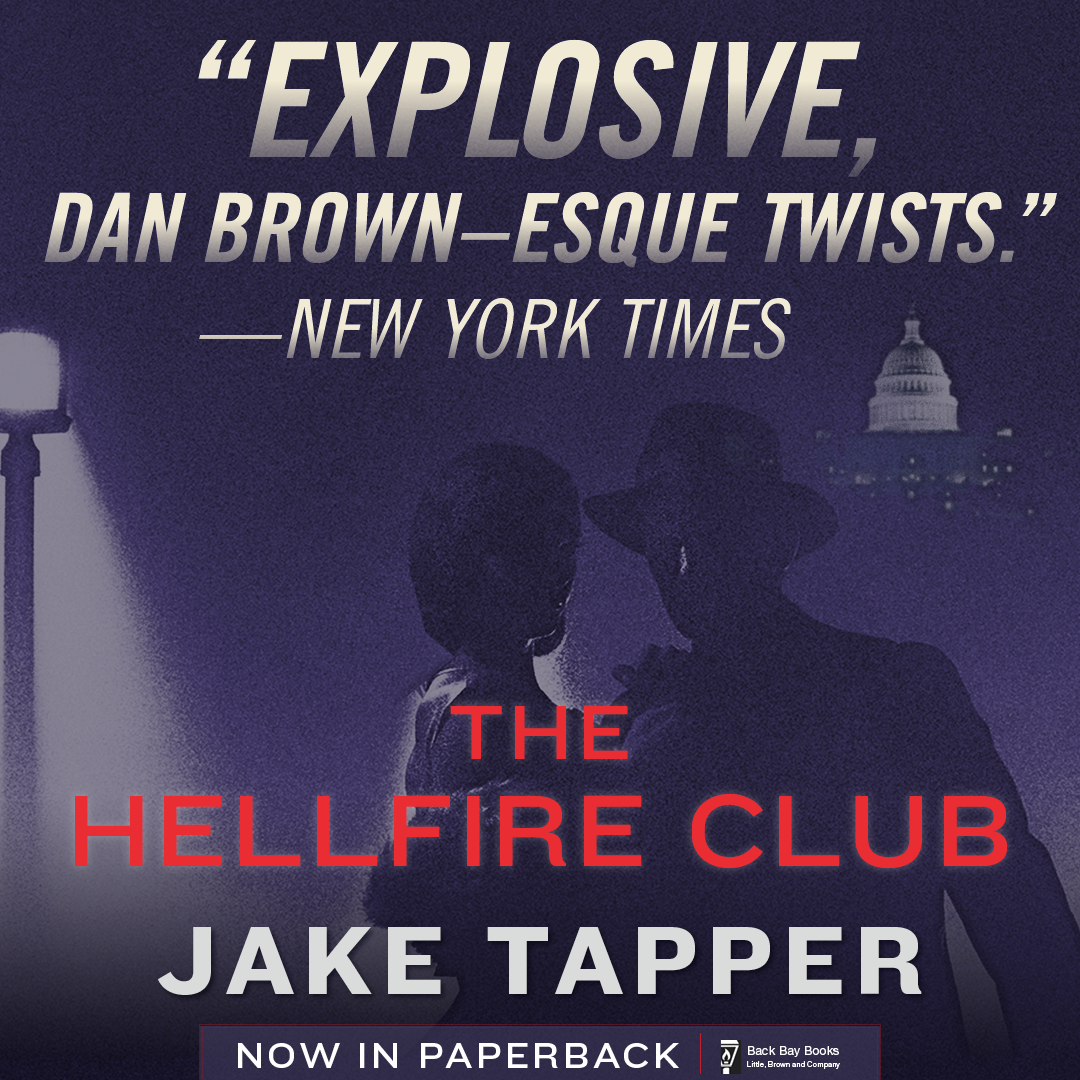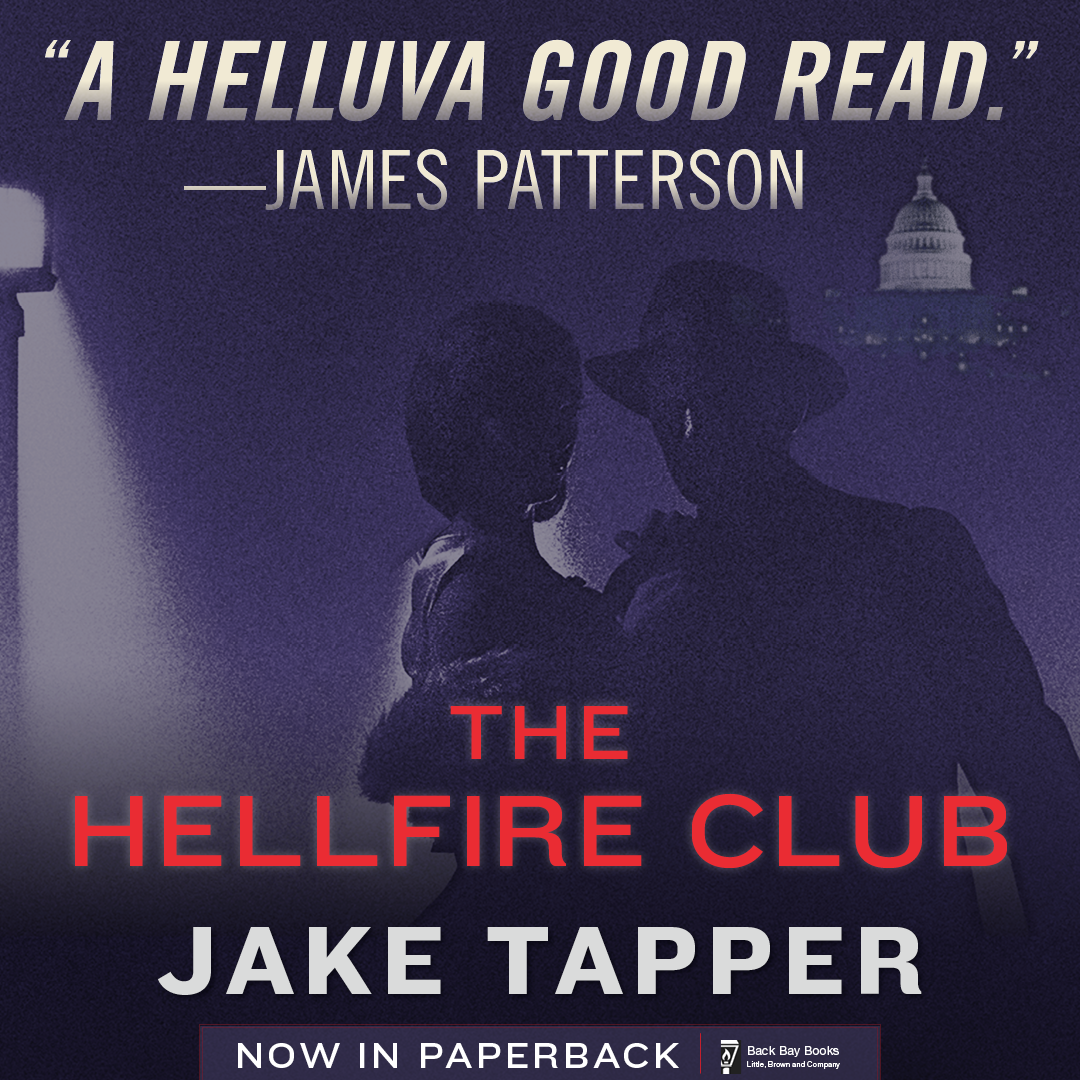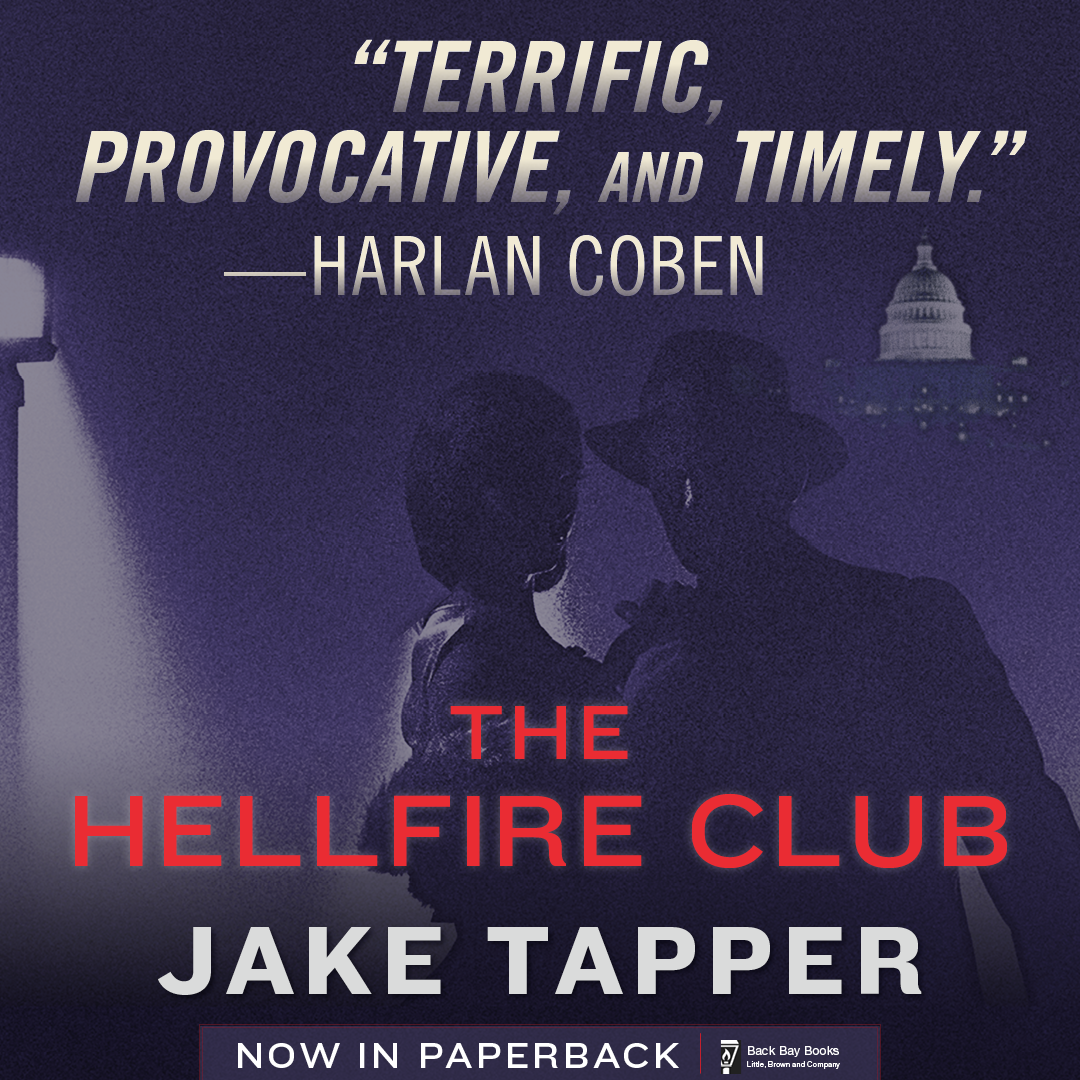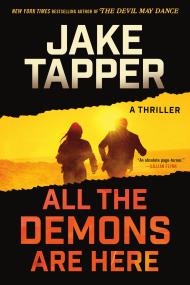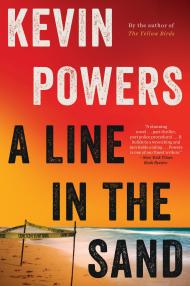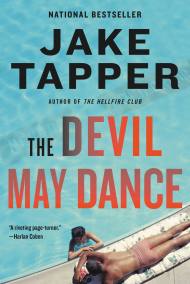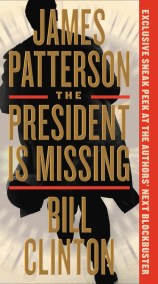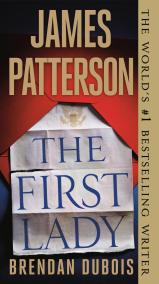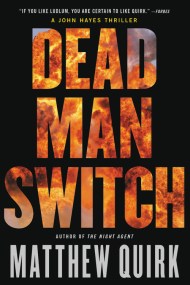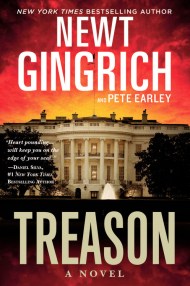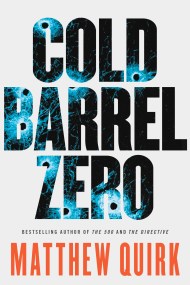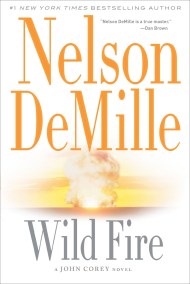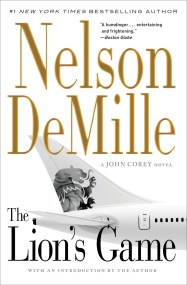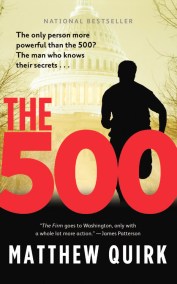Shopping Cart
Description
Charlie Marder is an unlikely Congressman. Thrust into office by his family ties after his predecessor died mysteriously, Charlie is struggling to navigate the dangerous waters of 1950s Washington, DC, alongside his young wife Margaret, a zoologist with ambitions of her own. Amid the swirl of glamorous and powerful political leaders and deal makers, a mysterious fatal car accident thrusts Charlie and Margaret into an underworld of backroom deals, secret societies, and a plot that could change the course of history. When Charlie discovers a conspiracy that reaches the highest levels of governance, he has to fight not only for his principles and his newfound political career…but for his life.
Michael Connelly and Jake Tapper: In Conversation
What's Inside
Charlie didn’t feel like taking the monorail to get to the Senate Office Building—the SOB, as everyone on the Hill called it—he wanted to stretch his legs. After making his way up to the second floor of the U.S. Capitol, he spotted Congressman Isaiah Street standing in National Statuary Hall, a semicircular room right off the House Chamber featuring statues of notable Americans. Each of the forty-eight states had contributed two of the immense likenesses, with thirty-six standing in the room like soldiers in formation, curving along the wall of the Statuary Hall chamber. Dozens of others were scattered throughout nearby rooms and halls.
Charlie had seen Street every poker night but seldom ran into him anywhere else. They had developed an easy rapport during the weekly games. Street stood glowering at one of the statues contributed by Georgia, the figure of former governor Alexander Stephens.
“Charlie,” he said, a smile stretching across his face. “I have good news. Congressman Powell is going to vote however you want today, depending on whether the Goodstone provision has been removed.” Representative Adam Clayton Powell Jr., Democrat of New York, was a member of the House Appropriations Committee. Street had offered to lobby Powell on Charlie’s behalf to get his support on Goodstone.
“Thank you, but I’m not sure I need it. I’m told it’s gone.”
Street looked confused. “Really? I thought I just read that General Kinetics was making a play to buy Goodstone. Blacklisting them will be bad for both companies. And for the deal.”
“I hadn’t heard that,” Charlie said, stunned by the news. Learning that General Kinetics was attempting to purchase Goodstone was like finding out the Chinese were sending troops in to defend North Korea.
Charlie pointed to a statue of Supreme Court chief justice Morrison “Mott” Waite, the image of regality, leaning on a cane. “See how his forefingers are crossed on the handle of the cane? That’s a sign he was a member of the Yale secret society Skull and Bones.”
Street shook his head. “Folks at home. . . voters would be amazed if they ever found out how many decisions are actually made by these secret societies and clubs.”
“Who else is there besides Skull and Bones?” Charlie asked. “The Masons? The Illuminati?”
“The Klan,” Street said. He motioned back toward the statue of Governor Stephens. “Quote: ‘Our new government’s cornerstone rests upon the great truth that the Negro is not equal to the white man,’” he recited, “‘that slavery, subordination to the superior race is his natural and normal condition.’ Unquote.”
Charlie looked down at the statue’s foundation, where the engraving read: I am afraid of nothing on the earth, above the earth, beneath the earth, except to do wrong.
Street shrugged. “He said what I said too. Vice president of the Confederacy. That’s all you need to know.”
“To be fair, how many white men in Georgia opposed slavery in the 1860s?” Charlie said. In his teaching days, he had always asked his students to consider the context of the era they studied.
“The British outlawed slavery in 1833,” Street countered.
“George Washington had slaves. Do you want to change the name of this city?”
Street pointed to a majestic bronze caped figure from Mississippi, Jefferson Davis. “President of the Confederacy,” Street said. “Why is it that almost a hundred years later, society still hasn’t labeled these men traitors?”
“I don’t know,” Charlie said. He was done playing devil’s advocate on an issue where he actually did think of the clients as devils.
“The good guys won. So to speak. So why are there statues of the bad guys? It’s not as though the French have statues of their traitors from the war, the Vichy French.”
“That’s not entirely true,” Charlie said. “Marshal Pétain died just a few years ago and they have a bunch of streets named after him in France.”
“But that’s not because he collaborated with the Nazis, it’s despite the fact that he did,” Street said. “You know damn well it’s because he was a hero in the Great War.”
“I’m just saying, it’s all more complicated than you’re making it seem,” Charlie said. “De Gaulle led the Free French but he placed a wreath on Pétain’s tomb.”
Street shoved his hands in his pockets and looked at the ceiling. He wasn’t concealing his disgust; he was making it clear that refraining from voicing it was a struggle.
“Forgive me,” Charlie said. “You know I’m an academic. Sometimes we get caught up in the abstract rather than the reality. These men contained multitudes. They did heinous, unforgivable things. Don’t misunderstand me. But they’re more than their misdeeds, right? FDR sent the Japanese to camps. Lincoln suspended habeas corpus. Twelve U.S. presidents were slave owners, including the one who’d been the top general of the Union Army!”
Street shook his head. “I don’t know, Charlie. John Adams knew better. John Quincy Adams knew better. Lincoln knew better. Right is right and wrong is wrong. You fought for your country, you married a good woman, you work hard to protect troops from future shitty gas masks. You’re not betraying your principles. You don’t contain multitudes.” He paused. “Do you, Charlie?”
